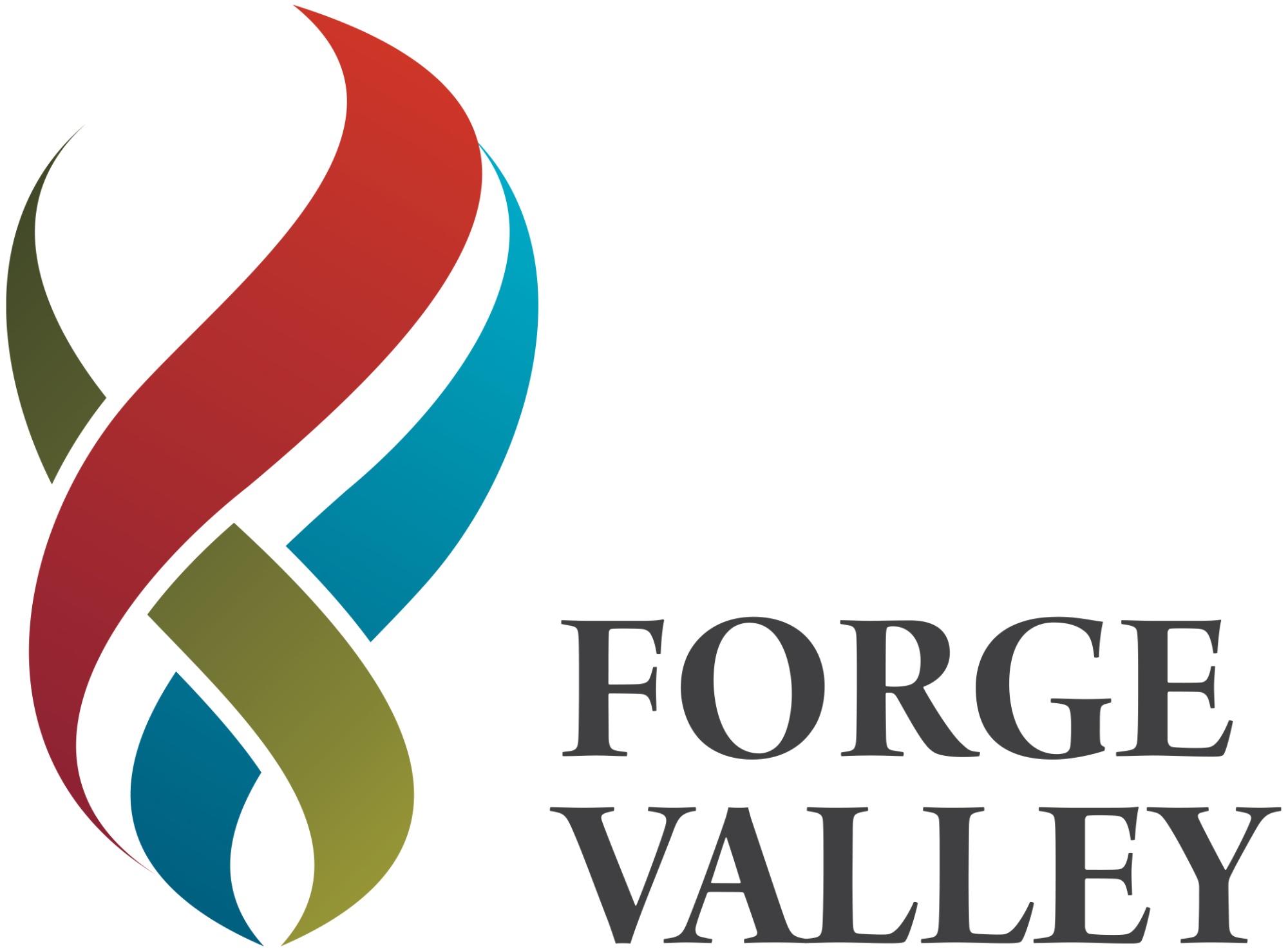Science: Physics (A Level)

Physics is the study of the whole range of science dealing with matter and energy and the relationship between them.
Physics is used in practically every aspect of our lives, from when we put on toiletries in the morning to switching on our laptops to use the Internet in the evening. Unlike other sciences, it really has no limits. From why the sky is blue, raindrops are round or the mysteries of space, physics covers it all. Even why your toast lands buttered side down can be answered by physics!
Future Opportunities
Due to the demands of physics it is a subject that relatively few study, but as such it is a qualification that is extremely highly sought after by a range of employers in areas from accountancy to engineering. Therefore, it is a useful qualification to have when applying for a range of university courses.
Some students go on to study physics at university. This may lead to a career in research and development, either in a university or in industry. High temperature semiconductors, a better understanding of subatomic particles and more efficient ways of storing energy for cars are just three areas of research being pursued at the moment.
Perhaps the majority of those who study A Level Physics do so in order to apply their physics knowledge in another subject area at university. Examples of this are the many branches of engineering, electronics and meteorology. For these careers, A Level Physics is essential.
What are the entry requirements?
Five or more GCSEs Grade 9-4, including English. Grade 66 in Combined Science or Grade 6 in Physics plus Grade 5 in Maths.
What will I Study?
You will cover a wide range of topics including:
- Particles
- Electricity
- Rectilinear and non-linear motion
- Waves
- Particles and quantum phenomena.
Lessons will be a mixture of theory and practical sessions exploring the theoretical aspects of physics, laws of physics and links to applications of physics around the world.
The A Level modules include:
Module 1: Development of practical skills
Module 2: Foundations of physics. Includes Physical quantities and units, Scalars and vectors, Measurements.
Module 3: Forces and motion. Includes; Motion, Forces in action, Work, energy and power, Materials, Newton's laws of motion and momentum.
Module 4: Electrons, waves, and photons. Includes; Charge and current, Energy, power and resistance, Electrical circuits, Waves, Quantum physics.
Module 5: Newtonian world and astrophysics. Includes; Thermal physic, Circular motion, Oscillations, Gravitational fields, Astrophysics.
Module 6: Particles and medical physics. Includes; Capacitors, Electric fields, Electromagnetism, Nuclear and particle physics, Medical imaging.
FAQ
How will I be assessed?
Your work will be assessed through written exams. You will also have your practical abilities assessed by your teacher.
What is the average class size?
Around 12 students.
Are the teachers specialists in the subject area?
Forge Valley students are lucky enough to have 3 experienced A-level teachers. Mr Gray has an Astrophysics degree, Mr Castle has a degree in Physics and Dr Hilton is a doctor of engineering.
How successful have previous students been in this subject?
Previous students have gained places at their preferred universities, including Oxbridge and Russell Group Universities. All students over the previous 5 years have achieved a grade in A-level physics.
What other subjects compliment this course?
Physics is closely linked to maths, with common content and similar skills. Physics will support your study of other science and tech subjects, including chemistry, biology, engineering, geography and computer science.
Will studying this subject allow me to go to university?
Yes, physics is a facilitating a-level. It’s part of the group of four that most science related degrees require. (As well as maths, biology and chemistry)
If you want to continue to physics, engineering or natural science courses at university, you will need maths A-level too.
What careers can the subject lead to?
Physics can lead to the majority of STEM (science, technology, engineering and maths) careers and you’ll find physicists everywhere, in industry, transport, government, universities, the armed forces, the secret service, games companies, research labs and financial institutions.
Physicists are problem solvers, so they are involved in building things and developing new technologies, including: engineering, architecture, astronomy, robotics, renewable energies, computer science, communications, space exploration, science writing, sports and games technology; and researching a wide range of problems from climate change to infection control.
